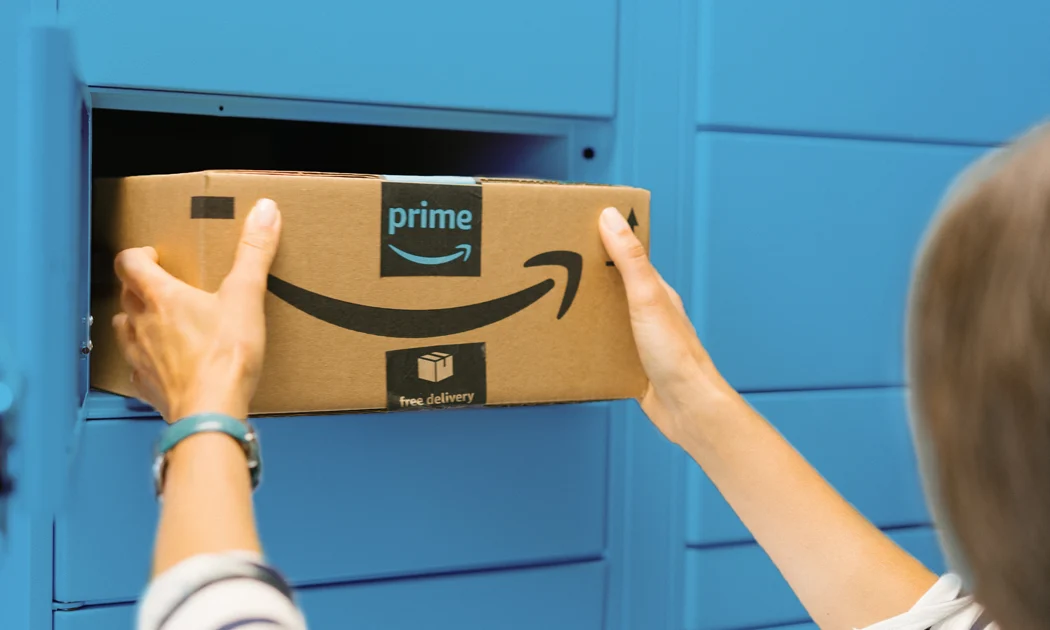I'm getting tired of software developers berating normal people for buying everyday household items on Amazon, considering that 3/4 of its operating income comes from the cloud computing services it sells to software developers.
(read it here when you feel all haughty, nerds: fool.com/investing/2024/01/10/… )

People Think Amazon Is an E-Commerce Company, but 74% of Its Profit Comes From This Instead
The overwhelming majority of Amazon's operating income comes from a business that accounts for just 16% of the company's revenue.Anthony Di Pizio (The Motley Fool)
Hubert Figuière
in reply to n8 Doesn't follow you 🇺🇦 • • •When a retailer use AWS, they subsidise their competition. Many don't even consider it.
(some people propose that the two orgs show be separated for that reason)
n8 Doesn't follow you 🇺🇦
in reply to Hubert Figuière • • •@hub I generally think we should give small shops a pass, because untangling all the pieces is so difficult — like, if you use Shopify or whatever, & some email newsletter service, & some responsive CSS framework etc., figuring out where all those layers of gunk are served from originally us virtually impossible if, say, you are a sock maker not a sysadmin.
For the big vendors, I assume accountants tell HQ they save .000001% or something. I agree that they should feel the brunt of the pressure.
Hubert Figuière
in reply to n8 Doesn't follow you 🇺🇦 • • •n8 Doesn't follow you 🇺🇦
in reply to Hubert Figuière • • •@hub Sure; I just wanted to put that detail out there for general reading. Too many mastodonners believe everyone is obligated to become a Unix sysadmin.
But now I wonder: do you have any idea where to track what the big chains use on their tech stacks?
It seems like the sort of thing someone might already publish, to shine some daylight on it, but I'm not aware. Maybe it needs doing.
Steven Hilton
in reply to Hubert Figuière • • •